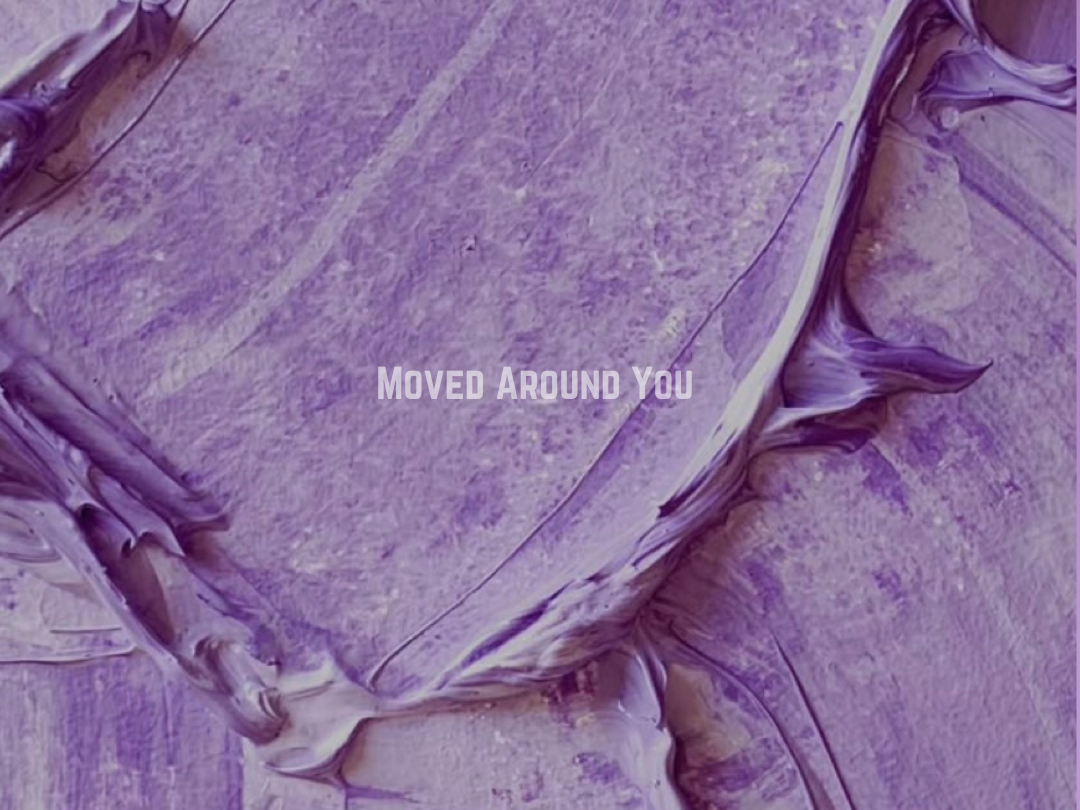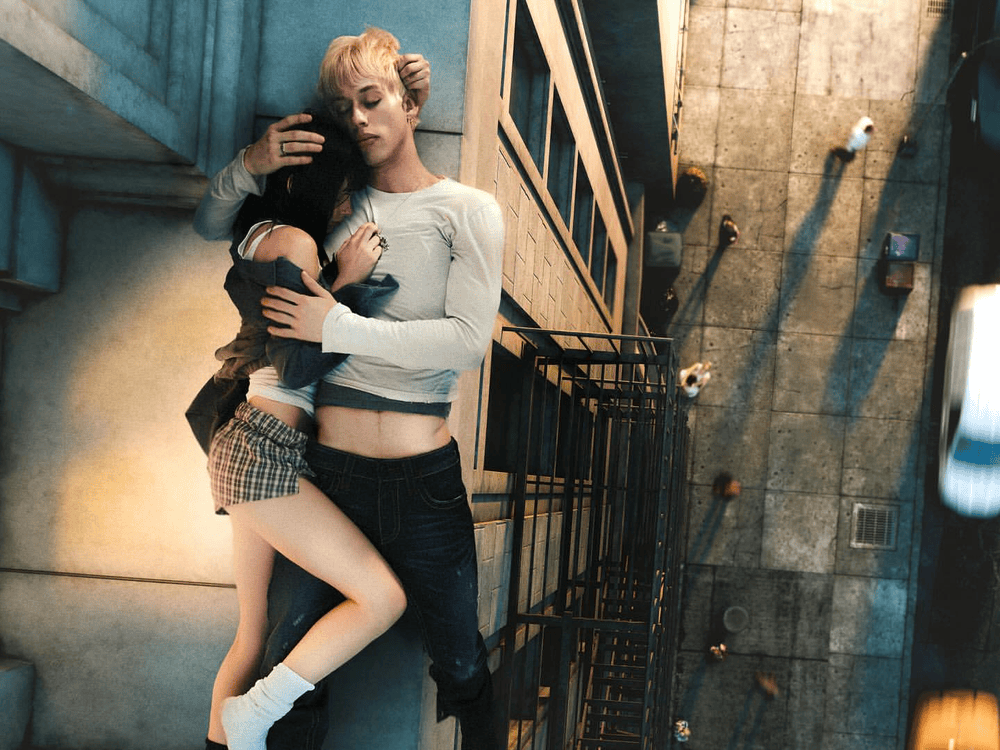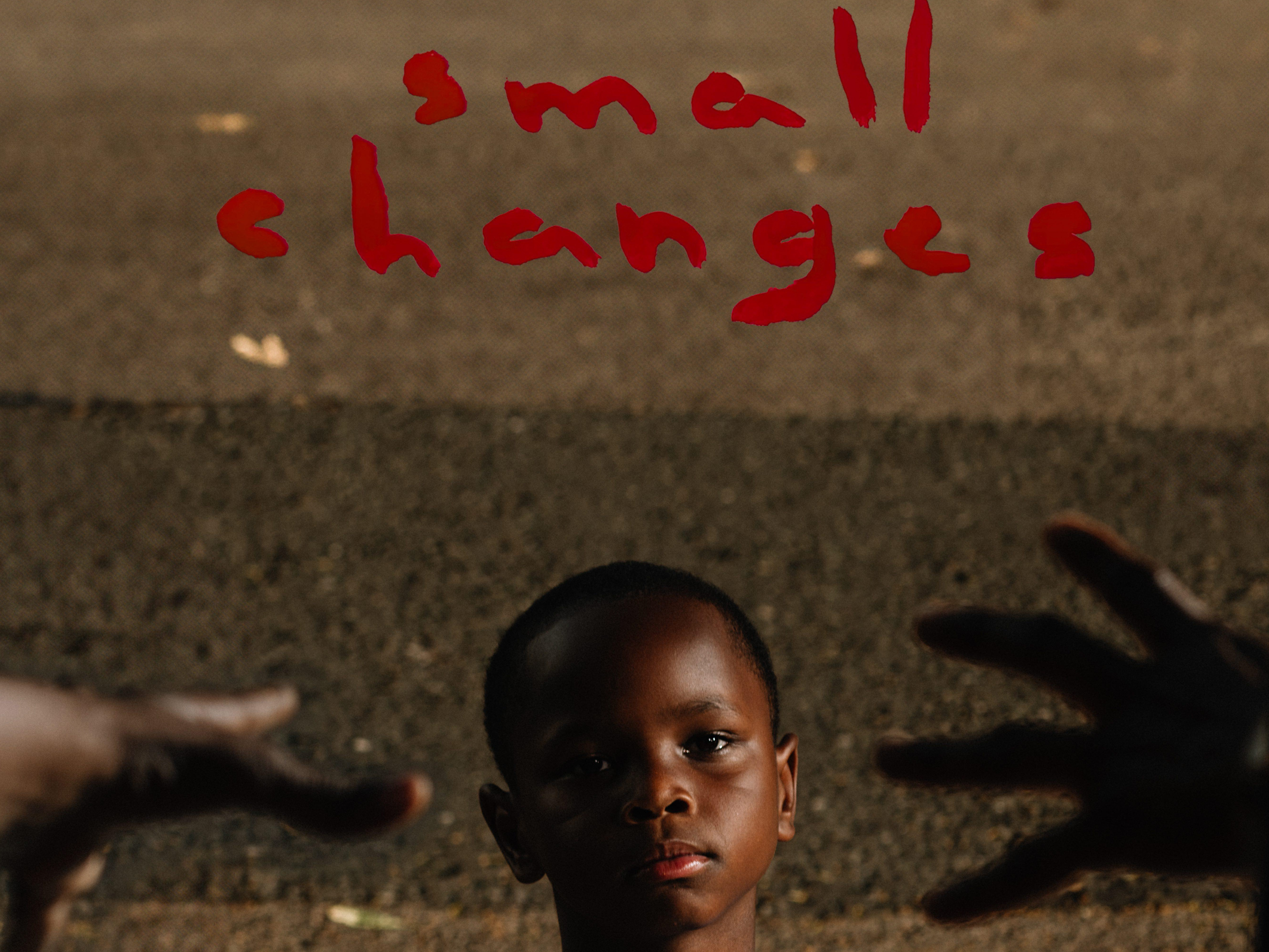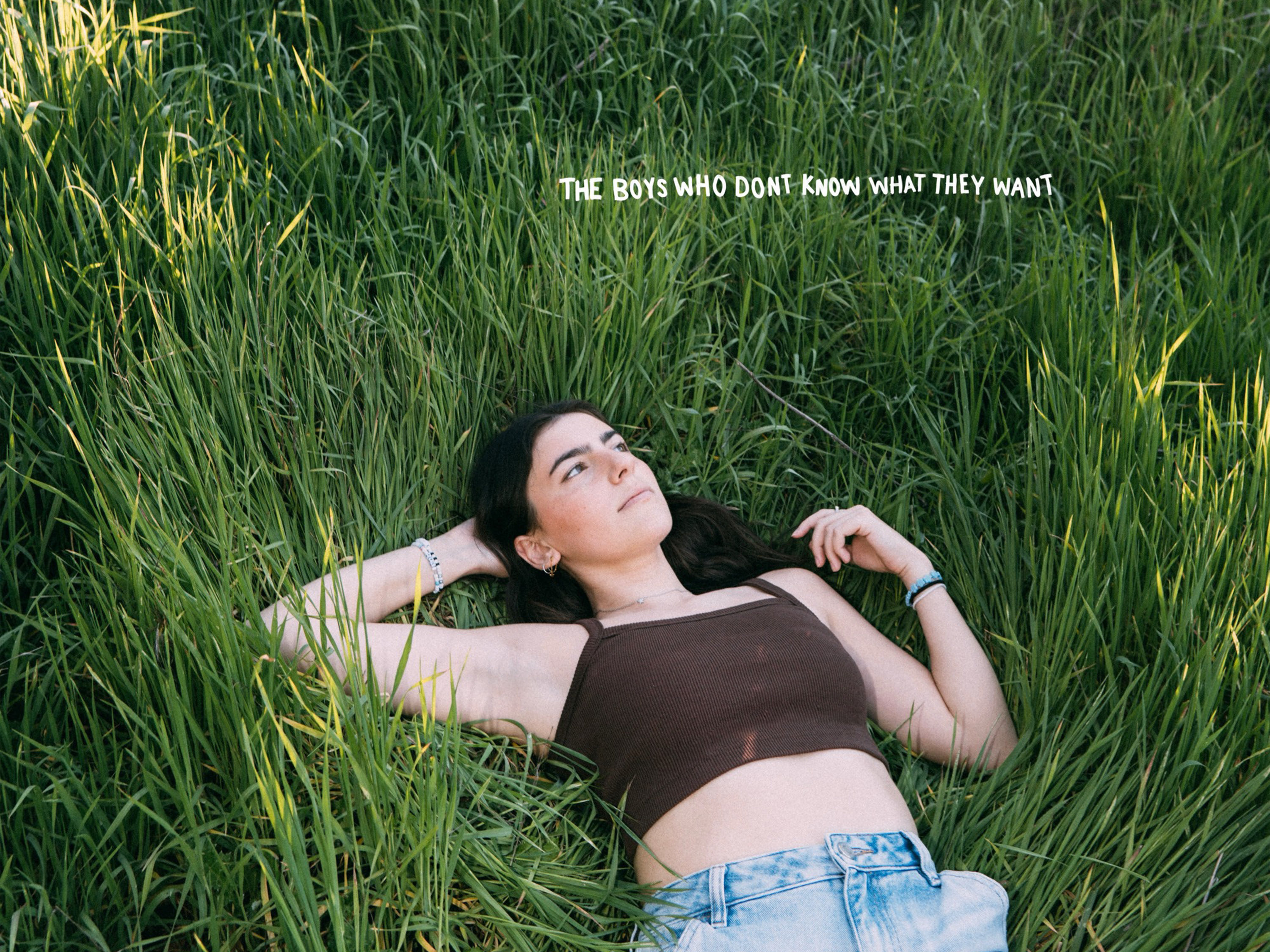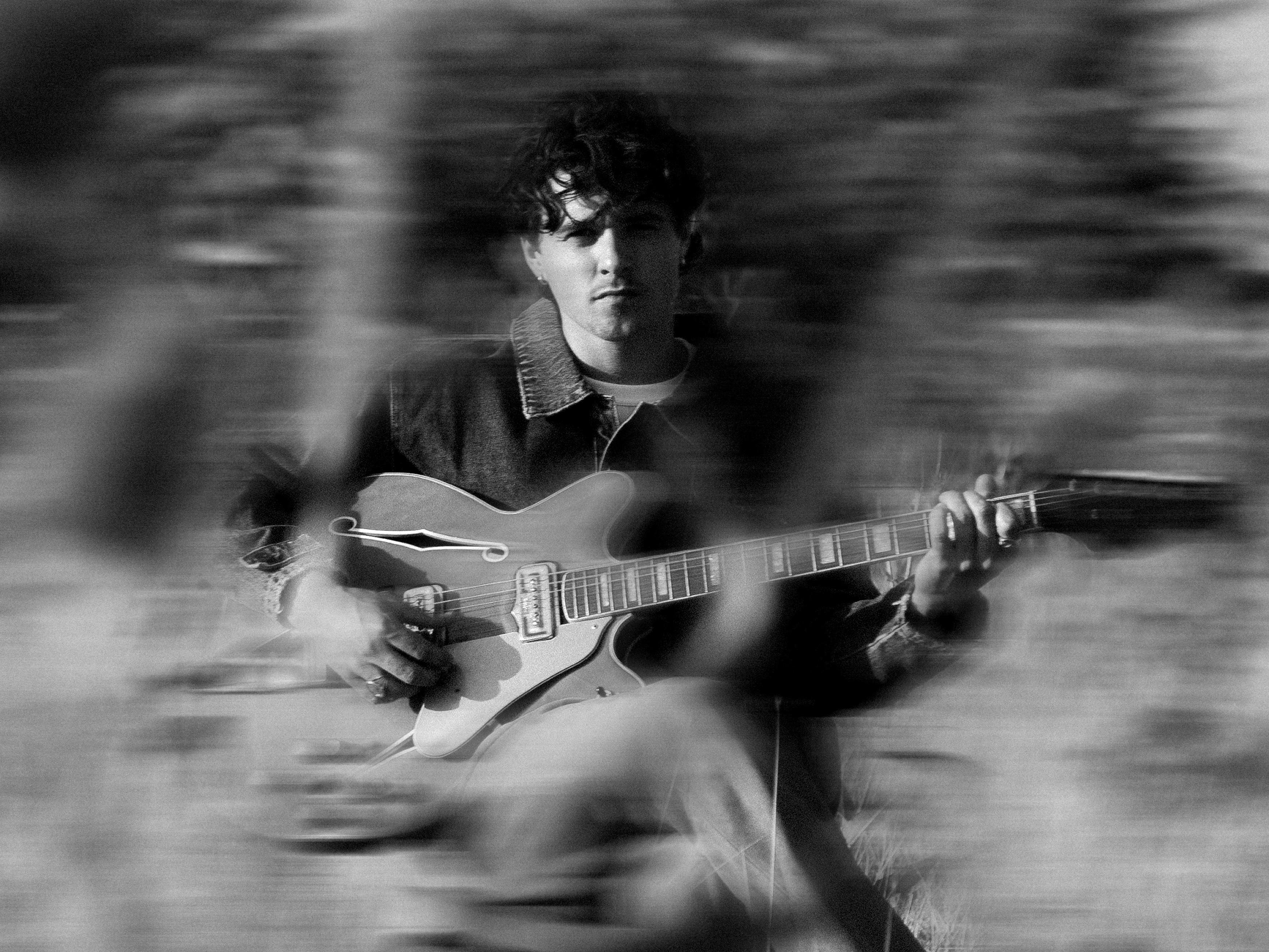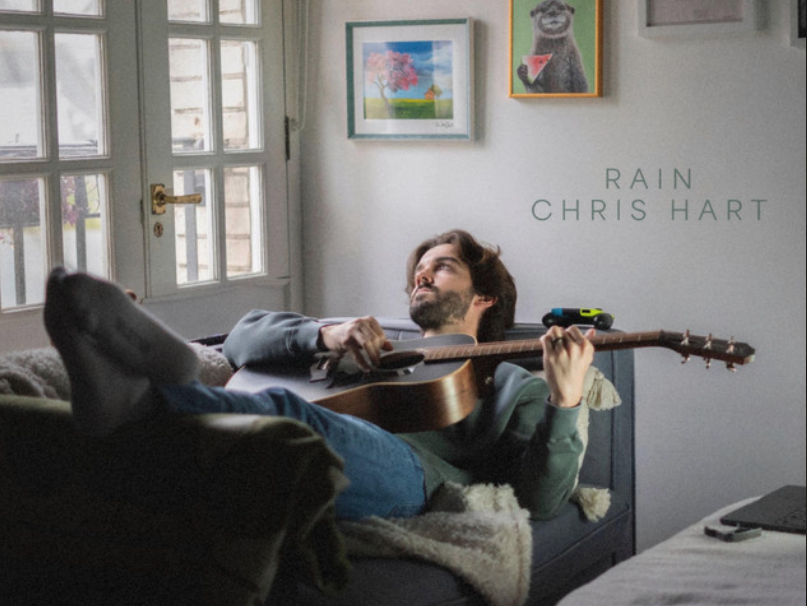MAY 16
A LETTER NEVER SENT: GIVEON'S 'RATHER BE'
BY LUNA CARDOSO
Following the release of Twenties, Rather Be feels like Giveon at his most emotionally raw. It's not a huge declaration of love or a bitter breakup ballad; it lives in the grey area between staying and walking away. The track, which was released today on all streaming platforms, feels like a letter that was never sent, hidden away in a drawer and found after it was too late.
Giveon sets the emotional stakes right away, with the line "Rather be a fool than to start with somethin' new." This is more than just a song about love. It's about pride, shame, memories, and that uncomfortable place where hurt hasn't hardened into bitterness. He's not clinging to a broken relationship. He is standing in the ache of a connection that's bruised but still breathing. Rather Be is about more than just missing someone; it's about choosing the ache of familiarity over the uncertainty of starting something new. It's about staying with someone, not for who they could become, but for who they are now, mistakes and all.
The term "fool" serves as the song's quiet center. There is power in the way he reclaims it. Giveon chooses to hold on despite the shame, vulnerability, and potential appearance of naiveté that comes with love. He knows exactly how it looks to others, and even to himself, but he chooses it anyway. That's not weakness; it's surrender. And in the context of this song, it's a radical kind of emotional bravery.
The chorus has a crushing weight to it: "I'd rather be with you / Than the other half of someone who's not even half of you." It speaks to the kind of bond that lingers despite the pain, not fully broken, just bruised. It's held together by hope, familiarity, and time, rather than certainty. The love may have been damaged, but it hasn't been severed. And that's where the song lives. Not in finality, but in the stretch of "what now?"
In the second verse, the loneliness deepens. He's dancing to their favourite songs alone, staring at memories frozen on a screen that he can't bring himself to erase. There's a sense of loss in the everyday here, as it hides in habits. But even then, he doesn't spiral into resentment. He just lets the memories ache without pushing them away.
What makes Rather Be hit so hard is that it embraces the mess. "I'll take your mistakes over missin' you, always." He's not asking for a better version of this person. He is saying: I'll take the flaws, the damage, and even the humiliation if it means staying close to what we had. It's consciously choosing not to abandon a shared history just to chase something easier. As Giveon himself put it: 'We've already got this time'—which, in itself, says everything—all the time invested, the emotional weight, the quiet resistance to starting over when something real exists—even if it hurts.
Giveon has spoken openly about channeling real emotion into his music. He doesn't rush through heartbreak or frustration. He sits with them—even the feeling of being a fool—and lets them guide his creativity. Rather Be is the result of this emotional alchemy. It doesn't pretend to have all the answers. It simply asks the question that many people are afraid to ask: What if staying is worth it?
This isn't the sound of someone stuck. It's someone who knows exactly where they are: caught between hope and pain, but still choosing to hold on.
If this is the direction Giveon’s headed—embracing the quiet, unglamorous complexities of love—then he’s not just giving us another heartbreak song. He’s redefining what it means to stay when leaving would be easier.
